Key events
What we learned, Wednesday 17 December
That’s where we’ll leave you this evening. Here’s a snapshot of the events of today:
-
Alleged Bondi gunman Naveed Akram, who…
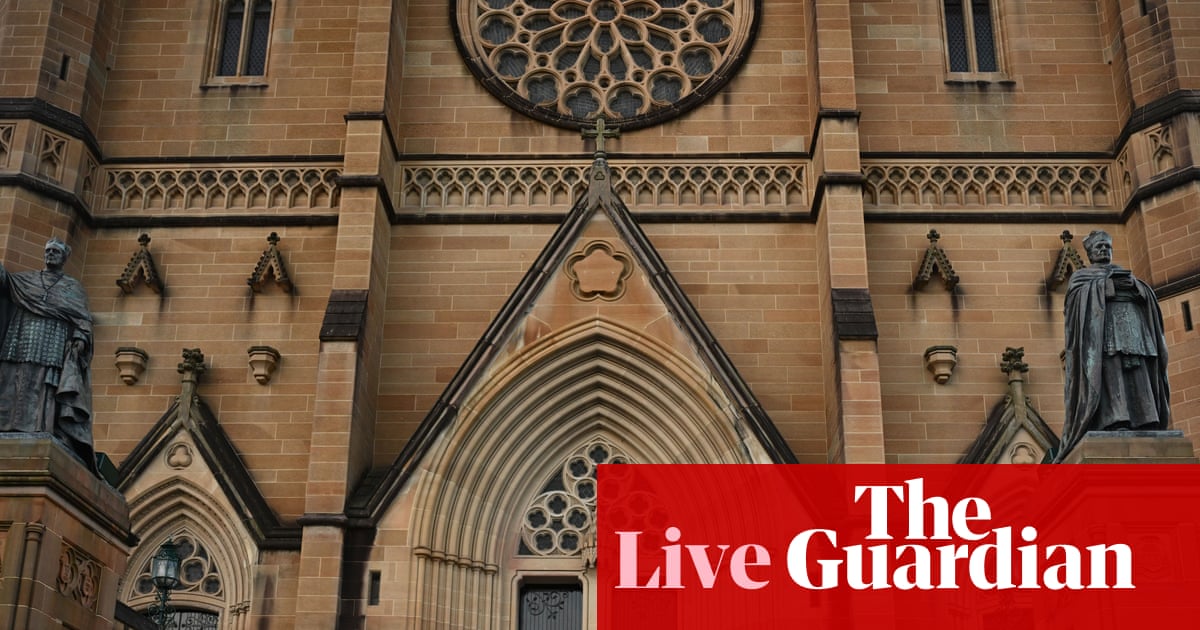
Key events
That’s where we’ll leave you this evening. Here’s a snapshot of the events of today:
Alleged Bondi gunman Naveed Akram, who…

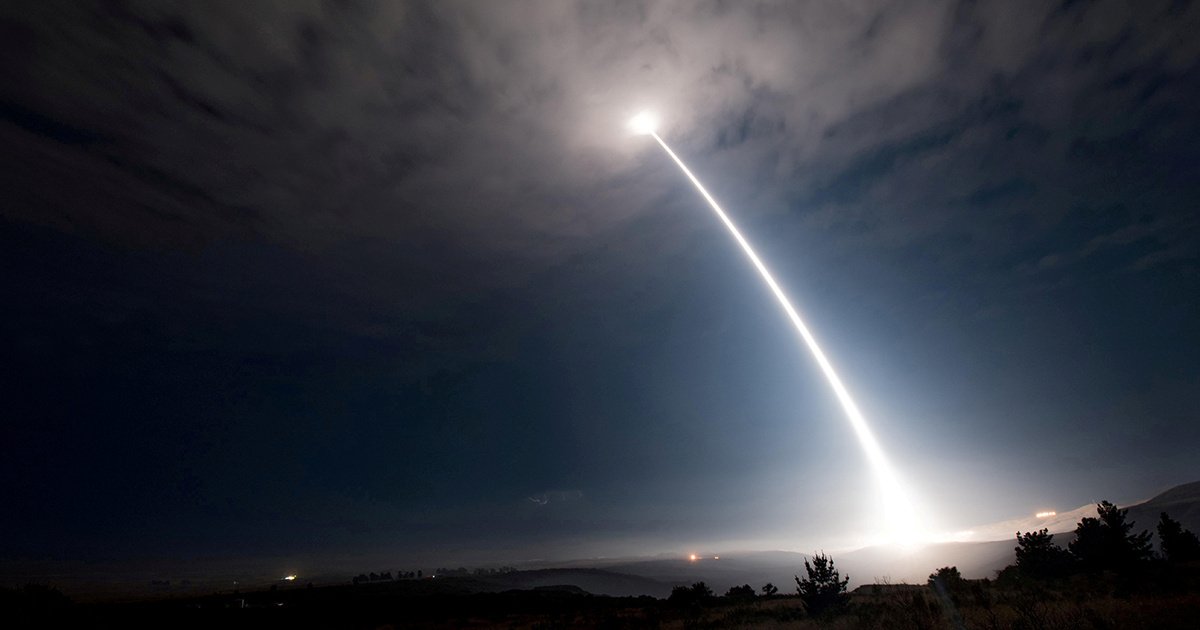
FASKIANOS: Thank you. Welcome to the final session of the Winter/Spring 2023…
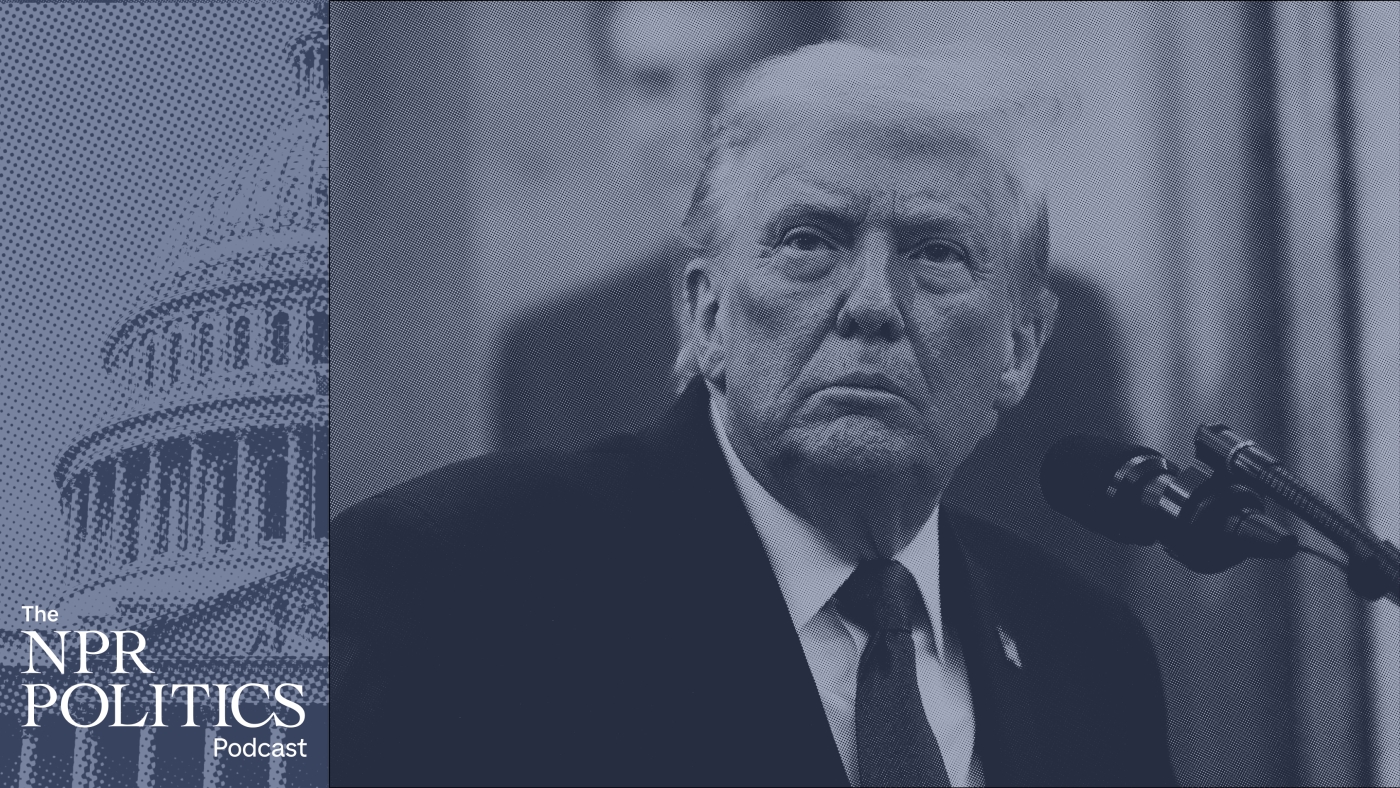
President Trump speaks during a Mexican Border Defense Medal presentation in the Oval Office of the White House, Monday,…
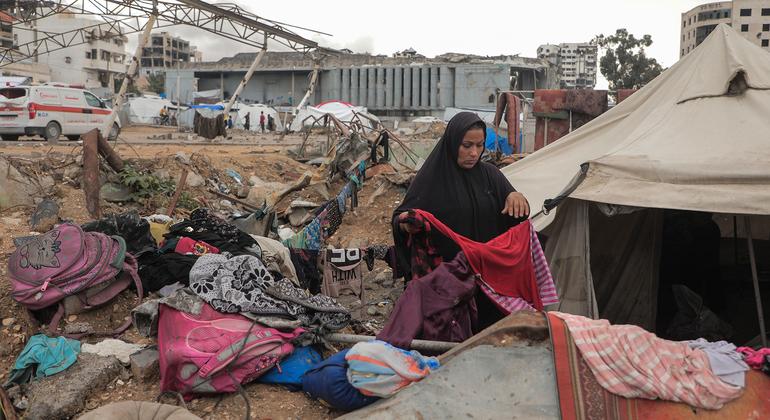
Ramiz Alakbarov, Deputy Special Coordinator for the Middle East Peace Process, provided the update during his quarterly briefing on Council resolution 2334 (2016) which calls for Israel to cease settlement activity in the Occupied Palestinian…

During my first Administration, I restricted the entry of certain foreign nationals into the United States to prevent national security and public safety threats from reaching our borders. The Supreme Court upheld these restrictions….
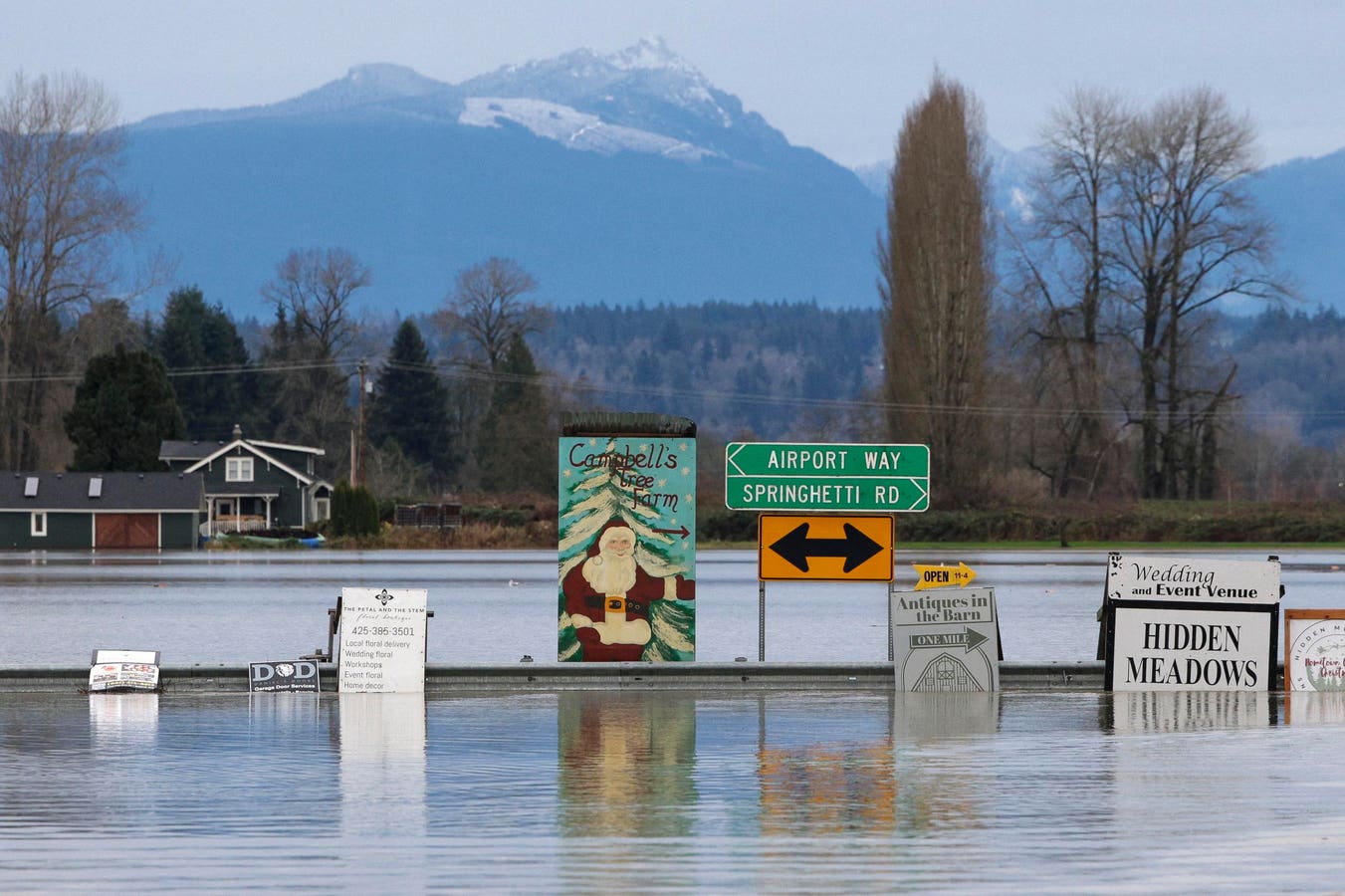
A sign for a Christmas tree farm is pictured as flood waters from the Snohomish River cover Marsh Road off State Route 9 in Snohomish, Washington, on December 11, 2025. Tens of thousands of people were under evacuation orders Thursday in western…

As federal and local authorities in Providence, Rhode Island, continue searching for the person who killed two Brown University students and injured nine others on Saturday, campus members and the broader community are grieving and dealing with a…

DUBAI, United Arab Emirates — Iranian Nobel Peace Prize laureate Narges Mohammadi was taken to a hospital emergency room twice after her arrest last week by Iranian security forces, her family said Tuesday, following what they described as…
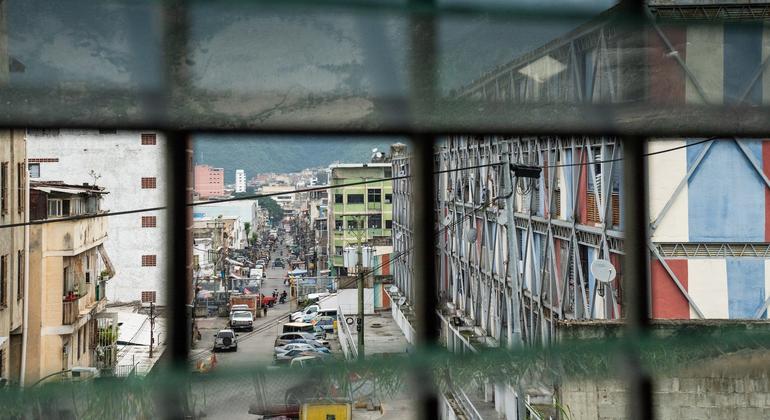
Presenting oral updates to the Geneva-based Human Rights Council, High Commissioner for Human Rights Volker Türk said the situation in Venezuela has not improved since his last briefing in June.
“The crackdown on civic space has intensified,…